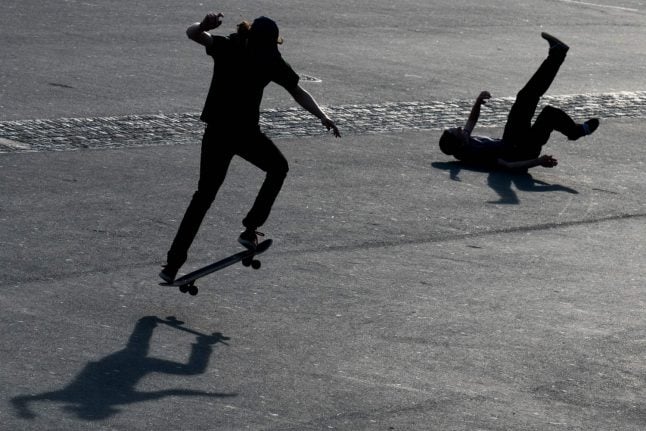The judge, Paul Arnell, explained that he had carefully considered keeping the hearing open but decided on balance against it.
“The ages of the accused and the sensitivity of the case were decisive,” he explained.
Before the trial began the 16-year-old female defendant’s lawyer Jan Karlsson said that he planned to ask for a closed trial.
“After extensive consultation and dialogue with the parties involved I have reached a decision that closed doors would be for the best,” Karlsson told news agency TT.
He considered that juvenile law was clear on the issue of public access to the courts – if it is of obvious inconvenience for the young people then the hearings can be closed to the general public.
“But there is scope for the judge to keep the trial partially open.”
In June, the 15-year-old girl was found in a wooded area in Stureby by two friends shortly before 1am on a Saturday night. Seriously wounded at the time, the girl was taken to hospital where she later died from her injuries. She had been at a party with friends celebrating her ninth grade graduation.
Several hours later, the two 16-year-olds were arrested on suspicions of murder. Jealousy has been cited as the motive for the crime.
The boy has pleaded guilty to manslaughter but denies the charges of murder while the girl denies the charges of incitement.
The girl is charged with having persuaded the boy to carry out the deed and threatened to end their relationship if he did not kill the 15-year-old.
The boy, through his counsel Claes Borgström has admitted to carrying out the killing but denies murder, pleading instead guilty to manslaughter.
The case has generated a massive amount of interest in the Swedish media and general public and will continue for several days in Södertörn district court.



 Please whitelist us to continue reading.
Please whitelist us to continue reading.
Member comments